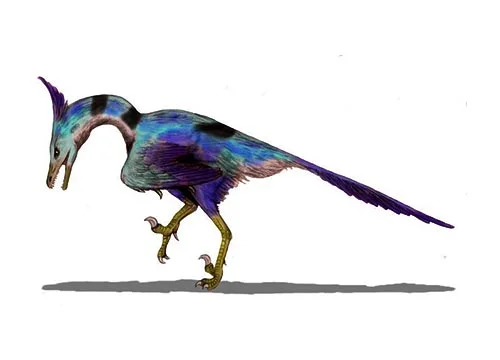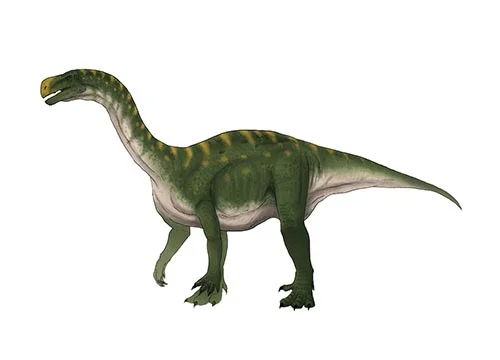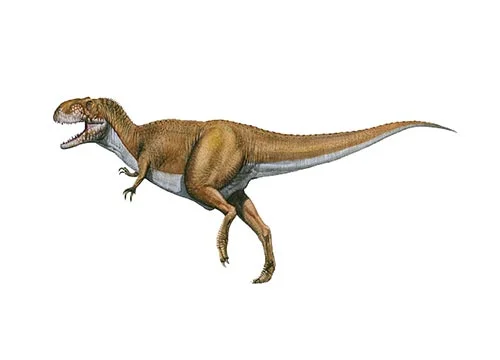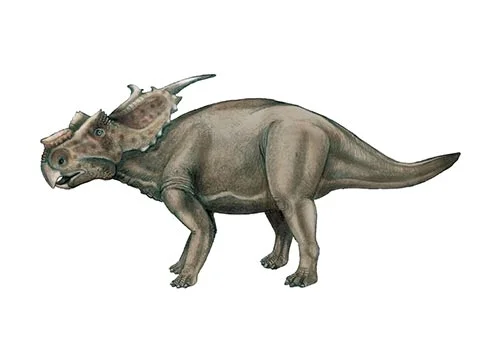Unenlagia (Half bird)

U-nen-lag-ee-ah
Novas – 1997
Carnivore
Estimated 3- 3.5 meters long
Small Theropod
U. comahuensis, U. paynemili
Argentina
Late Cretaceous, 96-90 million years ago
Unenlagia Facts
Unenlagia is a genus of theropod dinosaur that lived during the Late Cretaceous period, approximately 90-96 million years ago, in what is now Argentina. Its name means “half bird” in reference to its bird-like features, such as a relatively large braincase, a flexible wrist, and a long, curved claw on its second toe.
Unenlagia was a small to medium-sized theropod, estimated to have been around 3-3.5 meters (10-11.5 feet) long and weighing up to 200 kilograms (440 pounds). Its body was slender and agile, with a long, flexible tail that may have helped it to balance and maneuver while running.
One of the most distinctive features of Unenlagia is its arm structure. Unlike most theropod dinosaurs, which have relatively inflexible arms with limited range of motion, Unenlagia had an unusually flexible wrist joint, which may have allowed it to use its arms for grasping and manipulating objects.
Unenlagia is also known for its long, curved claw on the second toe of its hindlimbs. This claw was relatively large and sharp, and may have been used for hunting or defense. Some researchers have suggested that Unenlagia may have been able to use its arms to hold onto prey while using its hindlimbs to deliver a powerful, slashing blow with its claw.
Overall, Unenlagia represents an important evolutionary link between primitive theropods and birds. Its bird-like features, such as its flexible wrist and curved claw, suggest that it was a highly adaptable and intelligent predator, with a range of hunting strategies and behaviors. Its discovery has shed important light on the early evolution of birds and the many ways in which they adapted to different environments and ecological niches.



